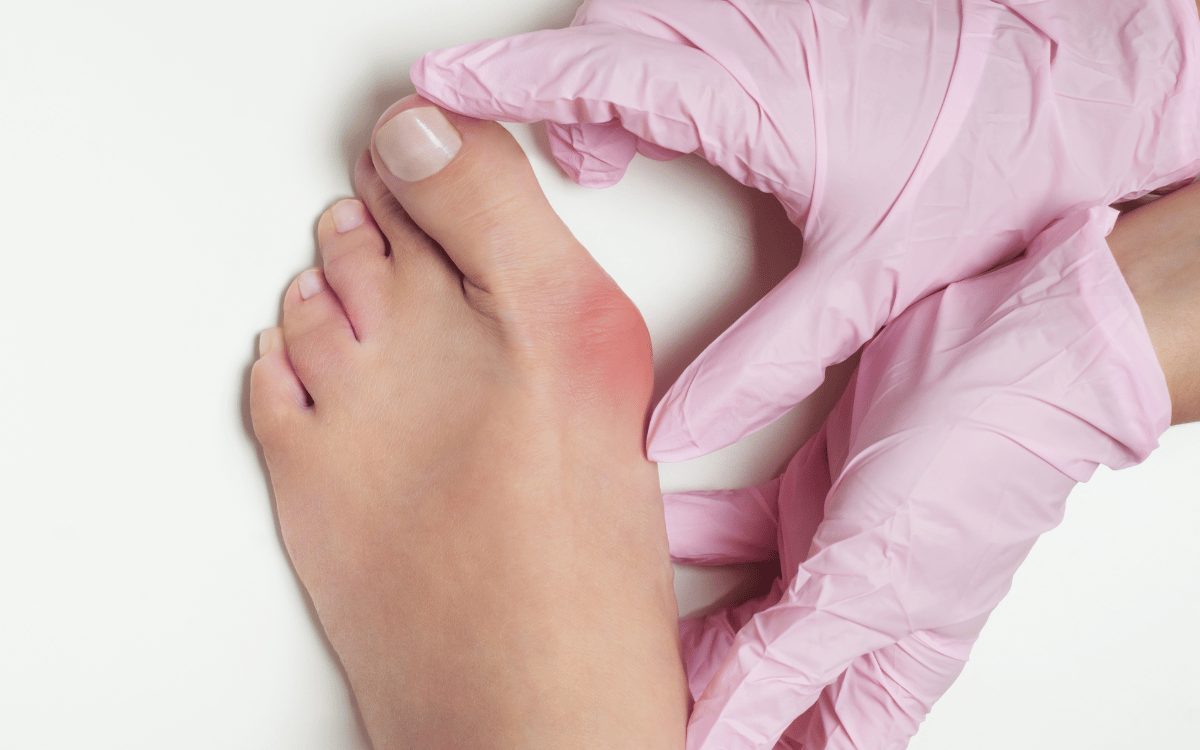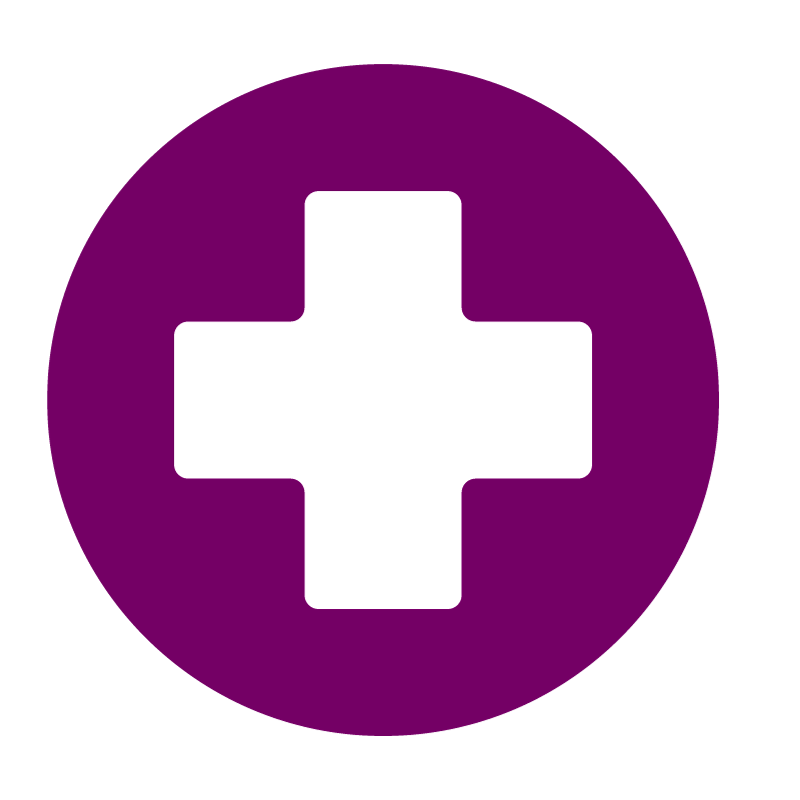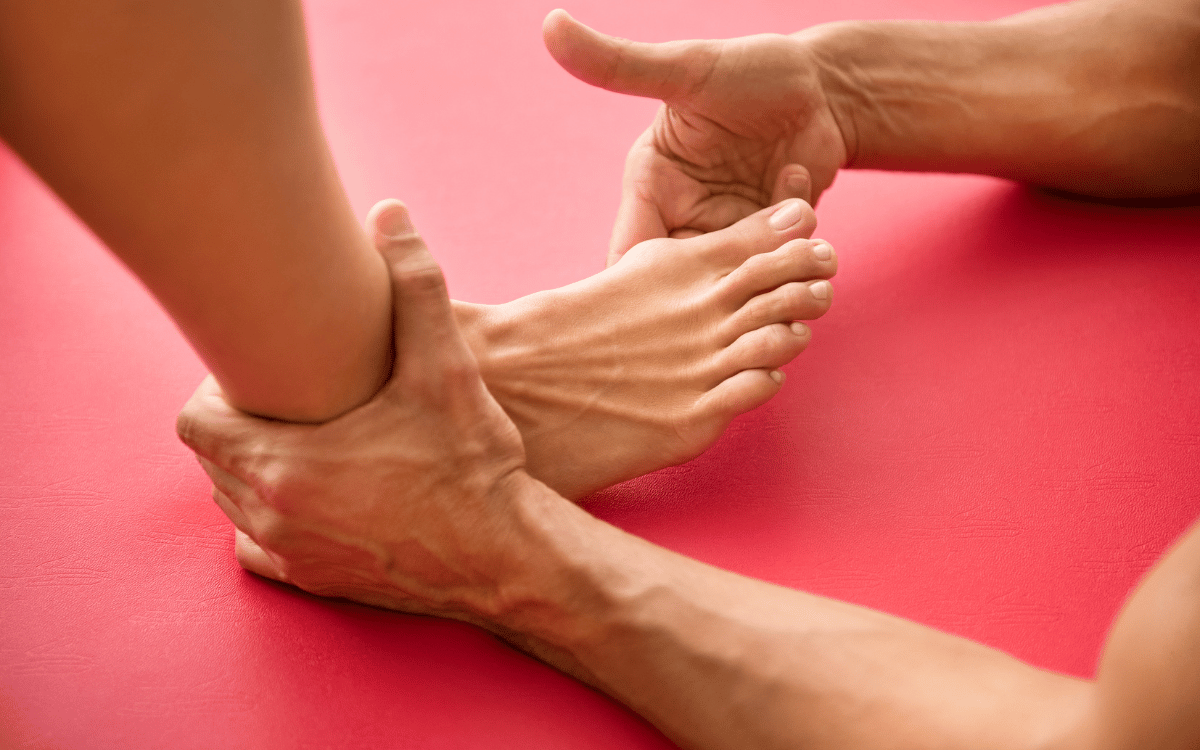Bunion is a very broad term that encompasses several different types of issues in and around the big toe joint or the first MTPJ. There are different stages of a bunion and it can vary depending on the level of deviation of the big toe such as mild, moderate and advanced. The other factors are the level of degenerative change through the joint and whether this has progressed to the painful condition of osteoarthritis. A HAV can also be commonly accompanied by a bony growth on the side of the toe.
Bunions & Tailors Bunions
Bunions are most common in the big toe at the first metatarsophalangeal joint (1st MTPJ), but they can also develop on the joint (5th MTPJ) of the little toe. Little toe bunions are called “bunionettes” or a “Tailors bunion”.
Levels of Severity
Differences in bunions are closely linked to the actual severity of the joint misalignment. For example, a minor joint misalignment can just be a simple deviation of the two bones that make up the big toe. Aesthetically, the toe could appear crooked but doesn’t cause any pain or swelling, but the joint’s outward protrusion still forms a minor bunion.
A more severe toe misalignment could result in a bony growth on the outside of the joint or soft tissue swelling, causing a more pronounced protrusion. In the most severe cases, the big toe will shift over top of the toe next to it. In general, the more the toe becomes misaligned, the more pain it can cause, and the more related medical conditions can form (such as corns, calluses, arthritis, etc.). In many cases, the joint that’s involved in a bunion can have degenerative change or even osteoarthritis if treatment is put off.
Adolescent Bunions
Adolescent bunions are most common in girls between 10 and 15 years old, but boys can also get them. The strongest factor in someone getting a bunion is genetic tendency that is inherited. These inherited traits are stronger on the female side but not always. These traits are the misalignment in the foot that causes compensation that then leads to a bunion.
If you’d like to find out more, give us a call on 8966 9300, or head over to our ‘What We Treat’ page, here.



